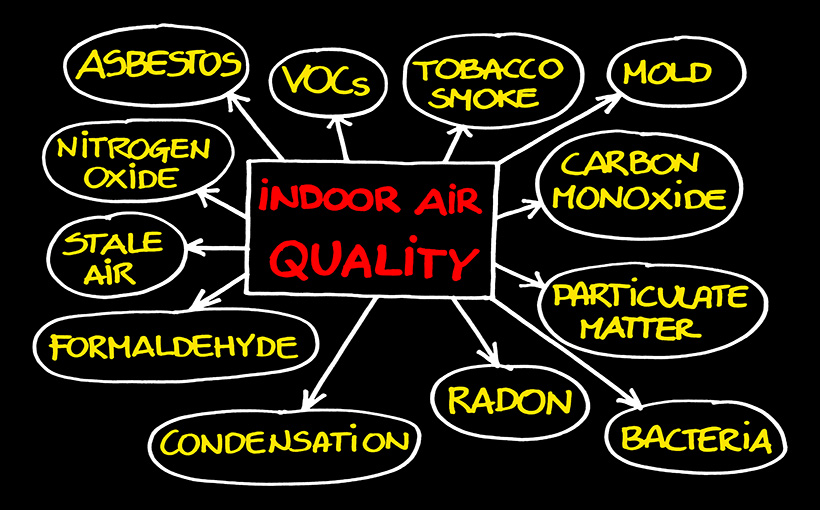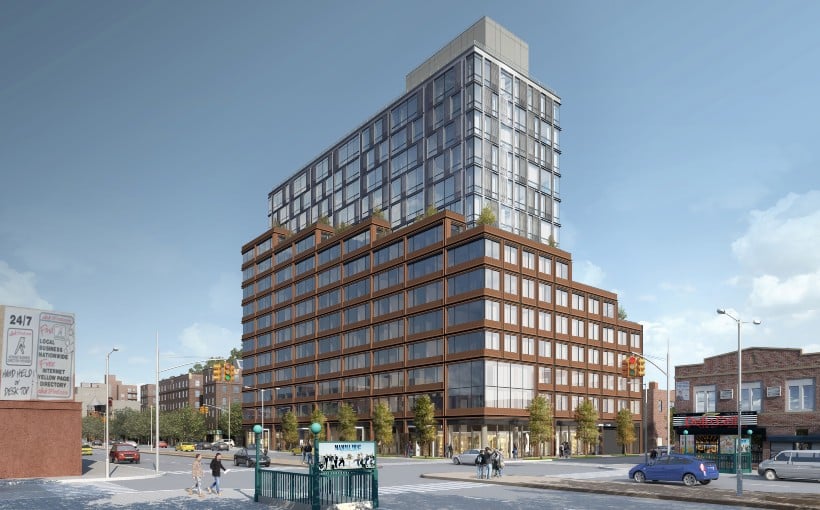The commercial real estate industry is actively addressing climate change by implementing various initiatives such as reducing carbon emissions and promoting recycling programs. However, according to a recent JLL article, indoor air quality should also be a top priority for landlords, property owners, and corporate executives.
A Dyson survey found that nine out of ten people and businesses believe that workplace air quality is important. The Dyson Global Connected Air Quality Data project also reported that in 2022, 85% of countries had worse indoor air quality than outdoor air quality. Additionally, research from First Street revealed that over 83 million Americans are exposed to unhealthy levels of pollution every year.
Terry Rose from Integral’s Cooling Technologies division told JLL about the negative effects of “sick building syndrome” caused by increased CO2 levels in office spaces. With more people returning to the office after remote work due to COVID-19 restrictions lifted , there has been an increased focus on workplace health and wellbeing which has brought ventilation systems into the spotlight.
Indoor pollutants can come not only from external sources but also from cleaning products or materials used for interior design like paint or carpets. Implementing Building Management Systems (BMS) and installing indoor air quality sensors may involve upfront costs but can lead to significant benefits in terms of productivity gains.
JLL acknowledges the challenge faced when balancing better indoor air quality with net-zero emission goals . Matthew Marson , managing director at EMEA for JLT Advisory stated: “Unnecessary frequent exchange increases HVAC fan use leading energy consumption.” However he added using technology like data on indoor pollution combined with existing control systems could help balance this situation . Furthermore he mentioned how adaptive designs incorporating operable windows along with sensors have become increasingly popular as developers strive towards low operational carbon buildings .
Rose emphasized stopping airborne pollutants at their source through regular maintenance checks on HVAC ductwork including changing filters regularly will not only improve employee health but will ensure equipment remains energy efficient and maintains optimal ventilation, air exchange, humidity control and temperature.




